As consumers begin to veer away from relaxing at a café to enjoy their coffee, Starbucks is recalibrating its purchasing options as more and more people choose to sip their java on-the-go. The company announced at its Investor Day that it will be partnering with the delivery service Uber Eats to begin delivering coffee at over 2,000 locations by Spring of 2019. The move comes after in-person barista sales fell by 10% in just two years, while mobile orders more than doubled in the same amount of time—indicating a growing preference for efficiency over the communal atmosphere long touted by Starbucks cafés.
While the move will undoubtedly be helpful for heftier orders, some are wondering if a likely price increase on delivery orders will be worth the convenience.
Earlier this year, Uber Eats moved away from charging a $4.99 flat rate for delivery, opting for a distance-based model instead. It won't be clear how this will affect delivery prices for Starbucks until Spring, but Uber Eats reported that over half of delivery orders with the distance-based pricing ended up costing less than the original flat rate.
As often is the case with companies as large as Starbucks and Uber, some were concerned about the financial practices as well as the ethical implications.
And that was far from the end of people's feelings.
As happened with the deaths of napkins, handshakes, the Canadian tourism industry and a slew of other institutions, some blamed millennials.
Others came with jokes.
It's still too early to specify logistics—like what the delivery minimum will be or if there will be one at all—but those details will become more clear as 2019 commences. Even more time will tell whether or not Starbucks' move to preserve profits will have been worth it.














 Awkward Pena GIF by Luis Ricardo
Awkward Pena GIF by Luis Ricardo  Community Facebook GIF by Social Media Tools
Community Facebook GIF by Social Media Tools  Angry Good News GIF
Angry Good News GIF 
 Angry Cry Baby GIF by Maryanne Chisholm - MCArtist
Angry Cry Baby GIF by Maryanne Chisholm - MCArtist 
 @adriana.kms/TikTok
@adriana.kms/TikTok @mossmouse/TikTok
@mossmouse/TikTok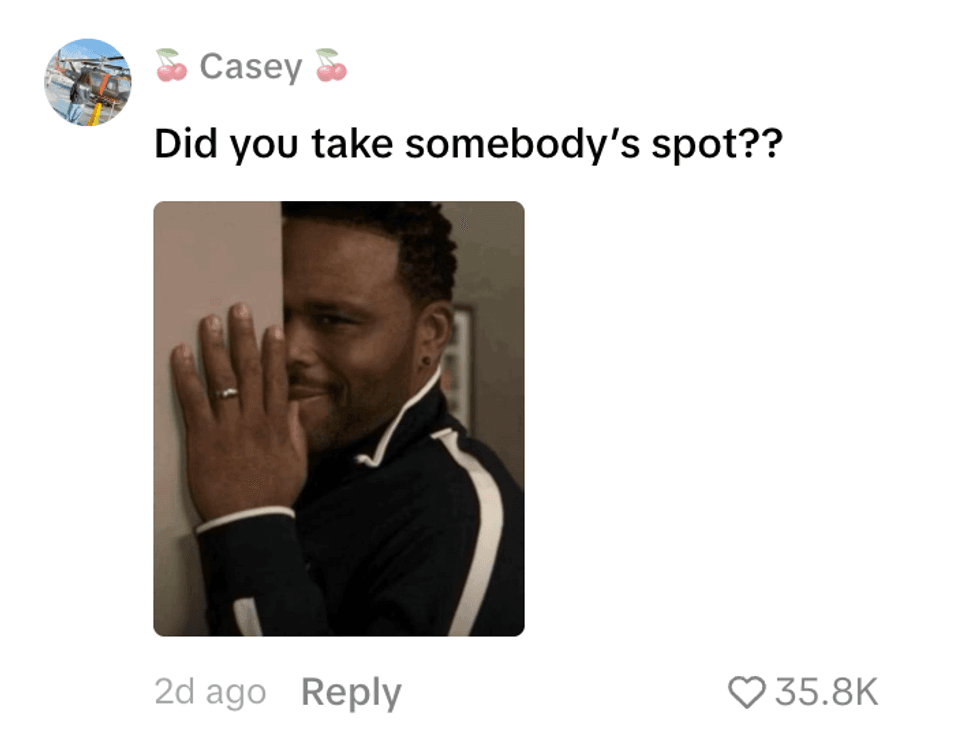 @im.key05/TikTok
@im.key05/TikTok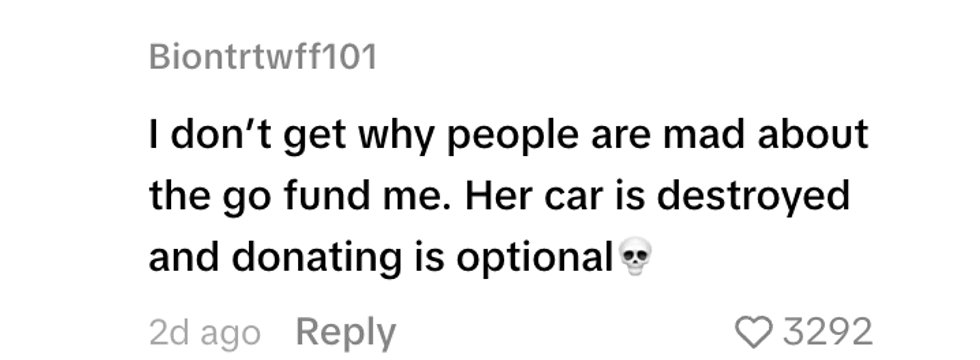 @biontrtwff101/TikTok
@biontrtwff101/TikTok @likebrifr/TikTok
@likebrifr/TikTok @itsashrashel/TikTok
@itsashrashel/TikTok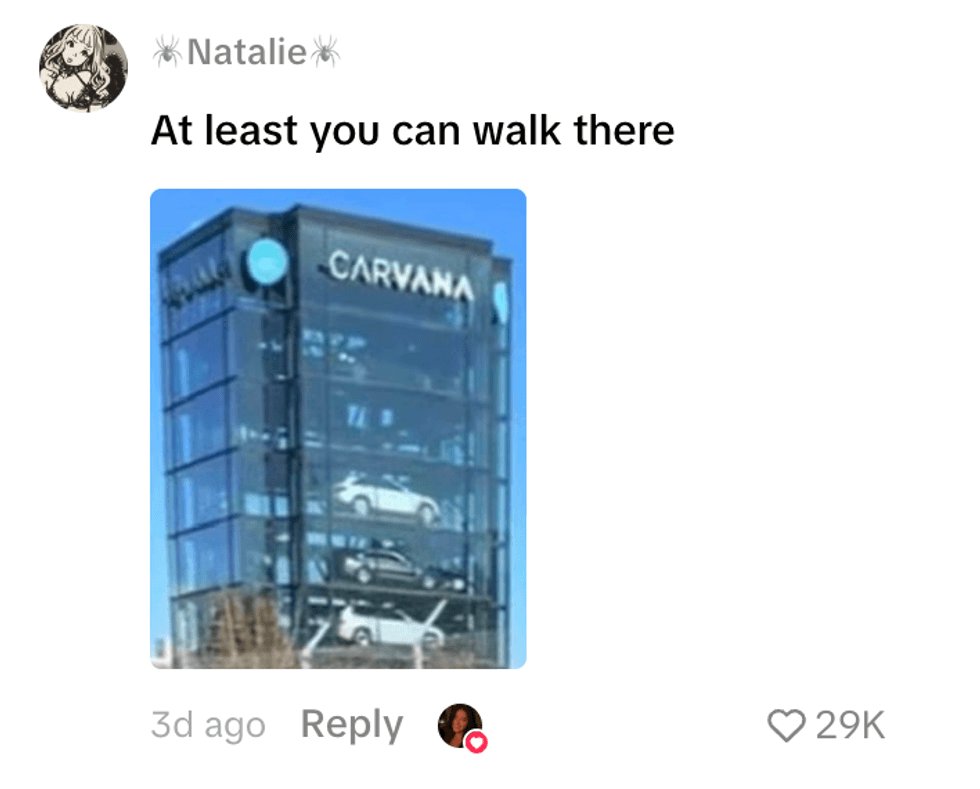 @ur_not_natalie/TikTok
@ur_not_natalie/TikTok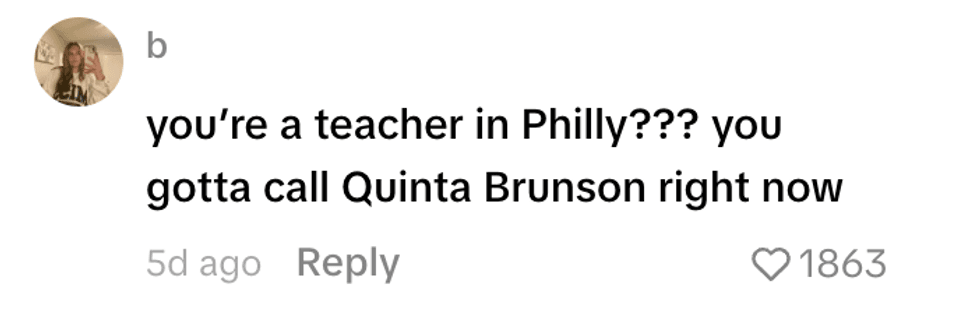 @rbaileyrobertson/TikTok
@rbaileyrobertson/TikTok @xo.promisenat20/TikTok
@xo.promisenat20/TikTok @weelittlelandonorris/TikTok
@weelittlelandonorris/TikTok @katiebullit/TikTok
@katiebullit/TikTok @rube59815/TikTok
@rube59815/TikTok
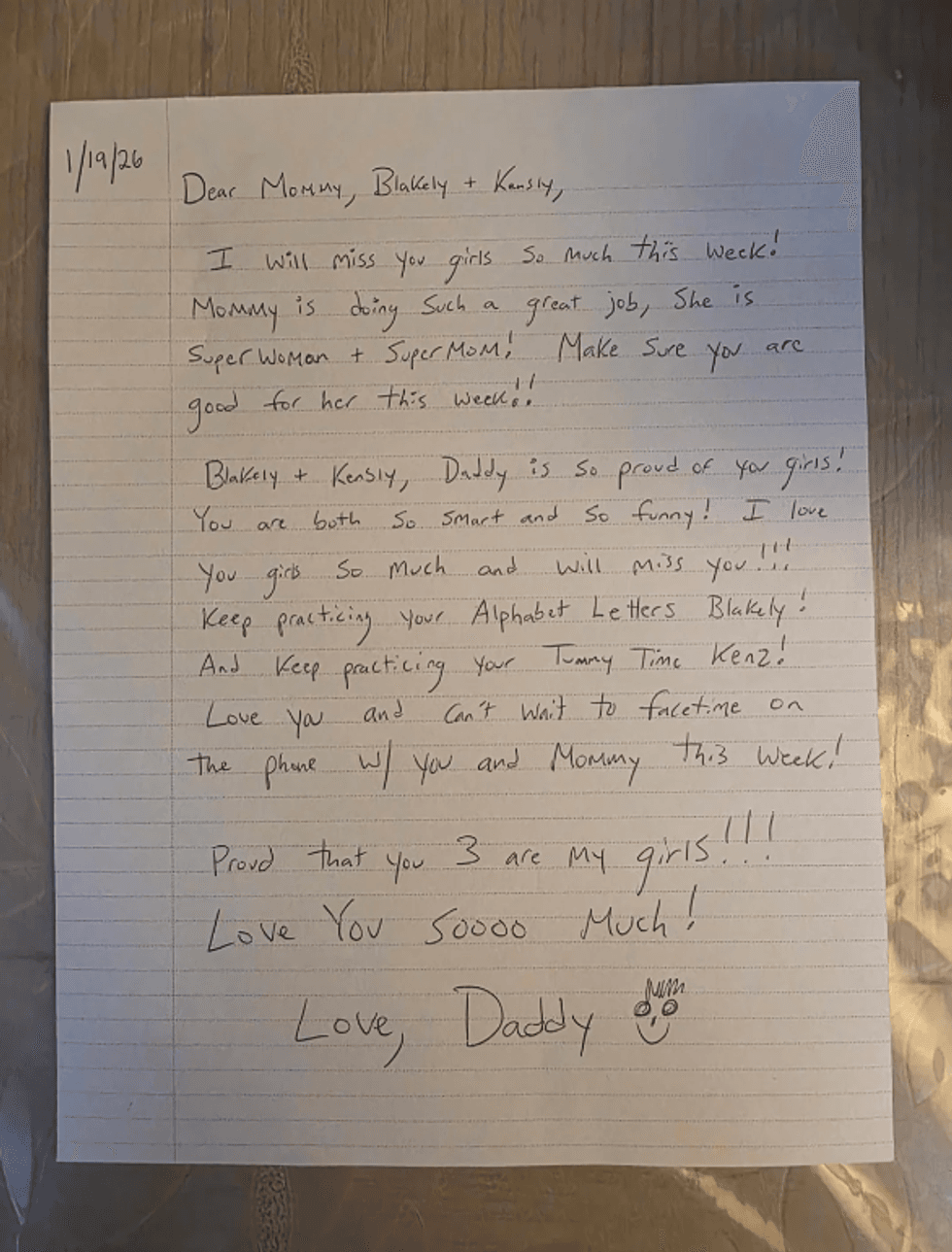 u/Fit_Bowl_7313/Reddit
u/Fit_Bowl_7313/Reddit
 @meteorblades/Bluesky
@meteorblades/Bluesky @bodenkelly/X
@bodenkelly/X